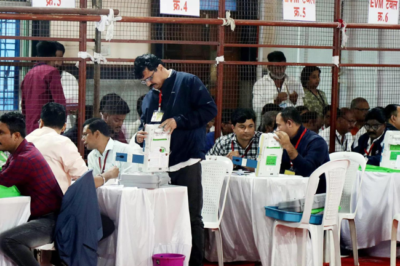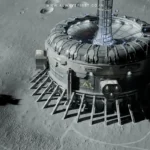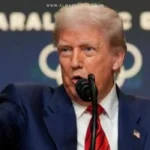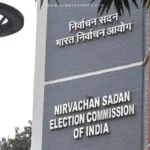
- The Centre plans to table the One Nation, One Election (ONOE) Bill during the current Parliament session, aiming to synchronize elections nationwide to optimize resources and reduce costs.
- The proposal has been approved by the Ram Nath Kovind-led committee on simultaneous elections and will likely be referred to a Joint Parliamentary Committee (JPC) for deliberation and consensus-building.
- Implementing ONOE would require extensive constitutional amendments, making it a politically and logistically challenging reform.
What is the ONOE Bill? The ONOE Bill seeks to align elections for the Lok Sabha, state assemblies, and local bodies to occur simultaneously across the country. Advocates of the reform argue that it will reduce election-related costs, enhance governance by minimizing disruptions caused by the frequent enforcement of the Model Code of Conduct, and create a more streamlined electoral process.
Key Challenges
- Constitutional Amendments:
- At least six constitutional amendments would need a two-thirds majority in both the Lok Sabha and Rajya Sabha.
- Current NDA numbers fall short, requiring support from opposition and independent members.
- Operational and Logistical Issues:
- Simultaneous elections demand large-scale logistical coordination, from deploying security forces to managing polling infrastructure.
- Critics argue that a unified electoral schedule could undermine federal principles and disrupt governance at various levels.
- Political Opposition:
- The Opposition has described the proposal as undemocratic, citing the complexities of managing elections in a diverse and vast nation like India.
Government’s Perspective Despite opposition, the government maintains that staggered elections impede development and governance. By consolidating electoral timelines, they argue, frequent policy disruptions caused by the Model Code of Conduct can be minimized.
The Path Ahead The Kovind Committee’s recommendations emphasize the need for extensive national dialogue before implementing the ONOE framework. The government’s immediate focus lies on building consensus through the JPC, which will engage with political parties, state assembly speakers, and possibly the public.
Realistically, experts suggest that ONOE could only be implemented post-2029, considering the procedural and constitutional challenges.
Conclusion The One Nation, One Election Bill represents a bold step towards streamlining India’s electoral processes. However, its success hinges on navigating complex political, legal, and logistical hurdles. As the government pushes forward, the outcome will shape the future of India’s democratic framework and governance efficiency.









































Leave a Reply